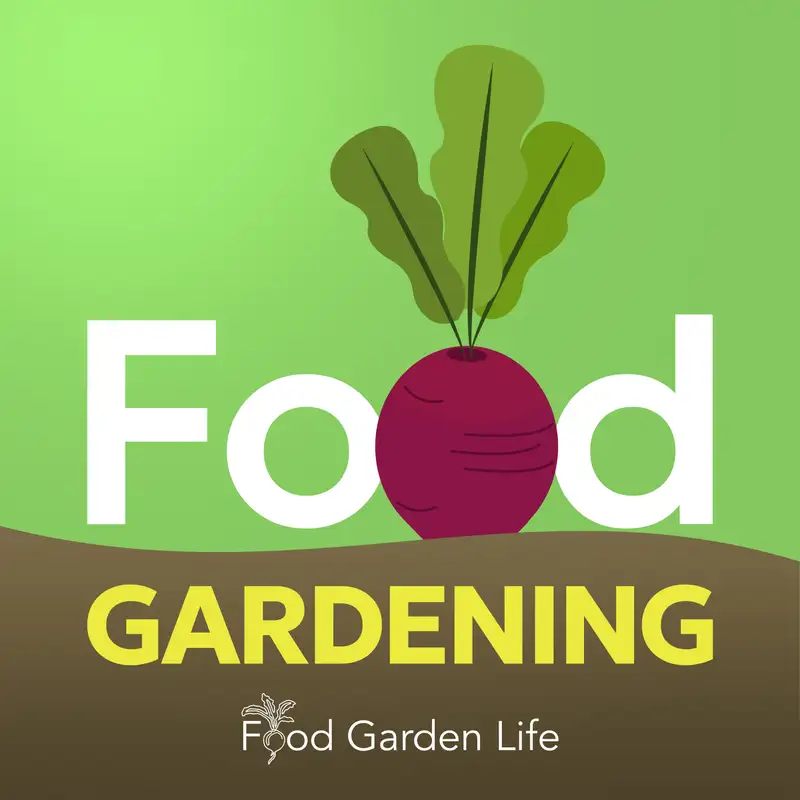School Food Gardens Open Career Horizons
The Wateroo Region School Food Gardens project (https://seeds.ca/schoolfoodgardens) has built 35 school gardens, touching 20,000 students in this region of Ontario.Allison Eady, program co-ordinator, explains that it provides information and curriculum ideas to educators, grants for school gardens, and direct programming for youth.Garden-Based LearningEady sees school gardens as an opportunity for teaching more than gardening. She says garden-based lessons can be used for many subjects, including art, math, and science. Launch a School Garden“The best chance for success is when there’s a network of people who support it,” says Eady as she talks about successful school gardens.She says it’s important to find allies in the community, whether it’s organizations or community members. That’s because school populations change fairly quickly: kids (and parents) move on, and staff are shuffled between schools. That makes the stability of community support important for the long-term success of a school garden. Eady says not to worry about being a garden expert when starting a school garden. “It’s about figuring it all out together,” she says.Youth ProgrammingDuring the COVID pandemic Waterloo Region School Gardens has pivoted to provide more direct programming for youth, including career mentorship and student-run markets.Another initiative helps youth explore food-related topics of interest to them. Youth research a topic, and then create blog posts or videos to teach other youth, with the support of program staff.
The Wateroo Region School Food Gardens project has built 35 school gardens, touching 20,000 students in this region of Ontario.
Allison Eady, program co-ordinator, explains that it provides information and curriculum ideas to educators, grants for school gardens, and direct programming for youth.
Garden-Based Learning
Eady sees school gardens as an opportunity for teaching more than gardening. She says garden-based lessons can be used for many subjects, including art, math, and science.
Launch a School Garden
“The best chance for success is when there’s a network of people who support it,” says Eady as she talks about successful school gardens.
She says it’s important to find allies in the community, whether it’s organizations or community members. That’s because school populations change fairly quickly: kids (and parents) move on, and staff are shuffled between schools. That makes the stability of community support important for the long-term success of a school garden.
Eady says not to worry about being a garden expert when starting a school garden. “It’s about figuring it all out together,” she says.
Youth Programming
During the COVID pandemic Waterloo Region School Gardens has pivoted to provide more direct programming for youth, including career mentorship and student-run markets.
Another initiative helps youth explore food-related topics of interest to them. Youth research a topic, and then create blog posts or videos to teach other youth, with the support of program staff.
---
- Join the 5,000+ gardeners in The Food Garden Gang who stay on top of home food-growing ideas with our weekly e-mail. We’re making the world a better place one garden at a time!
- Grab the free e-book: Small-Space Food-Gardening Hacks.
- Find out more about the Canada Gardener’s Journal: It’s a gardening journal, gardening log, and garden planner—with an all-Canadian sources list.

